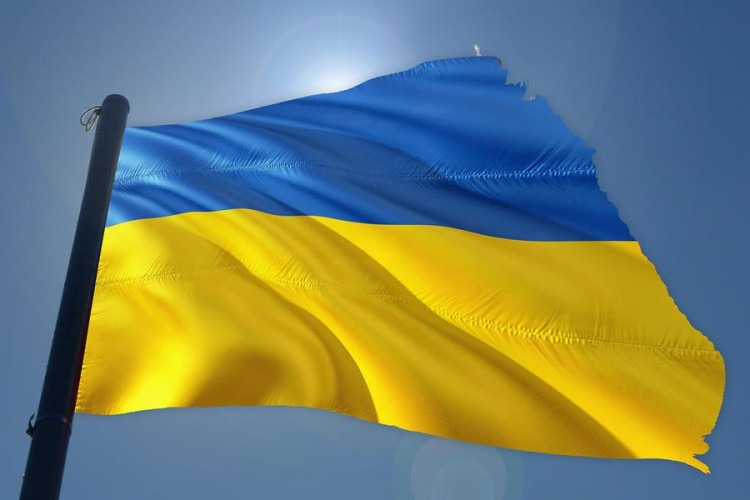President Volodymyr Zelenskyy asked that Russia get "just punishment" for its invasion of Ukraine from a special UN tribunal, including monetary fines and the loss of Moscow's veto power in the Security Council.
"A crime has been committed against Ukraine, and we demand just punishment," Zelenskyy told the UN body.
In what appears to be an expansion of its invasion of Ukraine that began in February and has resulted in thousands of deaths, millions of displaced people, and the destruction of towns, Moscow aims to enlist roughly 300,000 troops.
Following Vladimir Putin's command to mobilize Russia for war for the first time since World War II, Zelenskyy delivered a recorded speech to world leaders at the UN General Assembly on Sept. 21.
The Ukrainian president demanded that the UN "remove the right of veto" from Russia as a Security Council member, saying that "a special tribunal should be created to punish Russia for the crime of aggression against our state... Russia should pay for this war with its assets."
Zelenskyy outlined what he claimed to be five unalterable requirements for peace. Among them were sanctions against Russia for its aggression, restoring Ukraine's security and territorial integrity, and security assurances.
He received a standing ovation from many UN delegates after finishing his statement.
In a televised address earlier on Wednesday, Putin had announced plans to annex four Ukrainian provinces and threatened to use nuclear weapons to defend Russia, saying: "It's not a bluff." He had also ordered the military draft.
The imprisoned opposition leader Alexei Navalny called for large-scale protests against the mobilization as flights out of Russia immediately sold out. Russians claimed that some people had already received call-up notifications and that police prevented males from leaving one southern city. More than 1,300 protesters have been taken into custody as of Wednesday night, according to the independent protest monitoring organization OVD-Info.
"It's clear Russia wants to destroy Ukraine," EU foreign policy chief Josep Borrell said. "We will not be intimidated."
The Russian government's mobilization came after months of assurances that it would not do so, and it may be the riskiest domestic political action of Putin's 20 years in office.
In a nation where independent media outlets have all been shut down and where public criticism of the "special military operation" is banned, the war has thus far appeared to have widespread backing.
But for many common Russians, especially those in the middle classes of the cities, the possibility of being sent to fight would be the first indication that the war might affect them directly.





